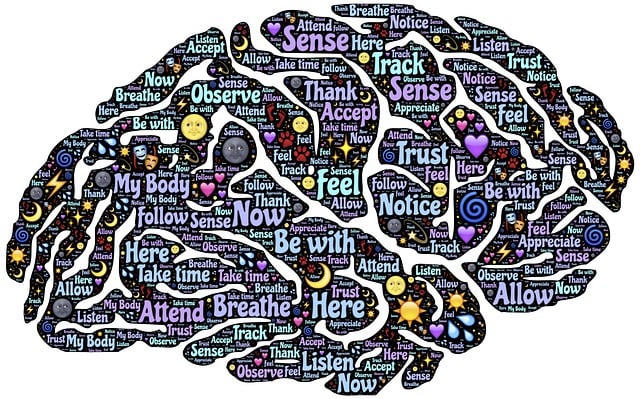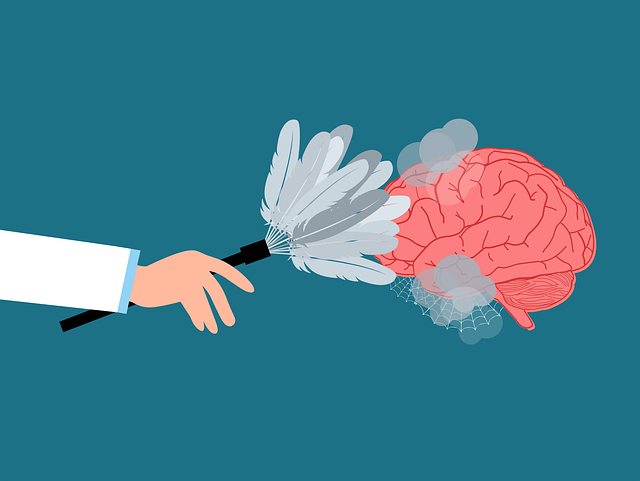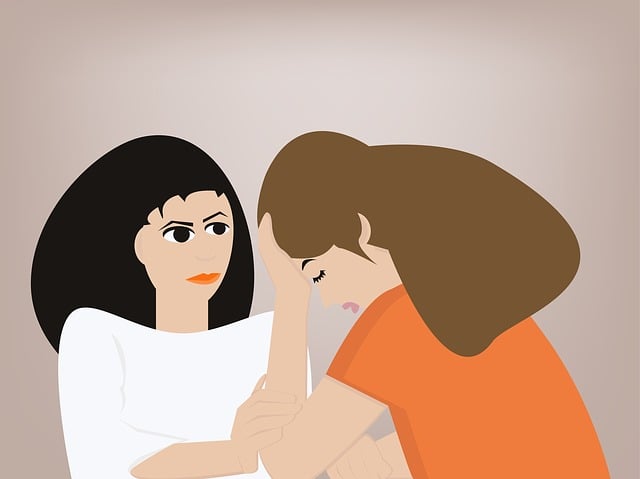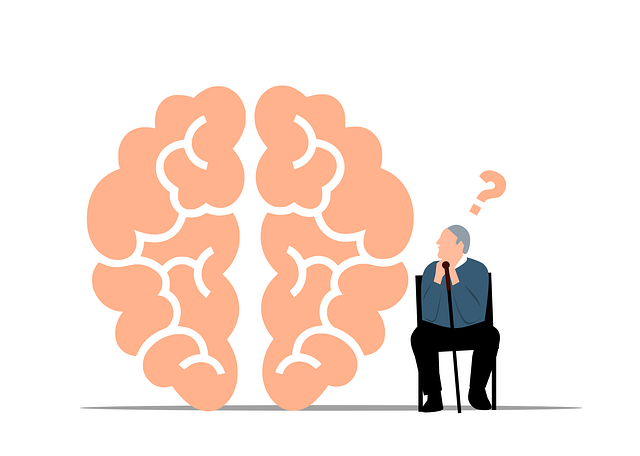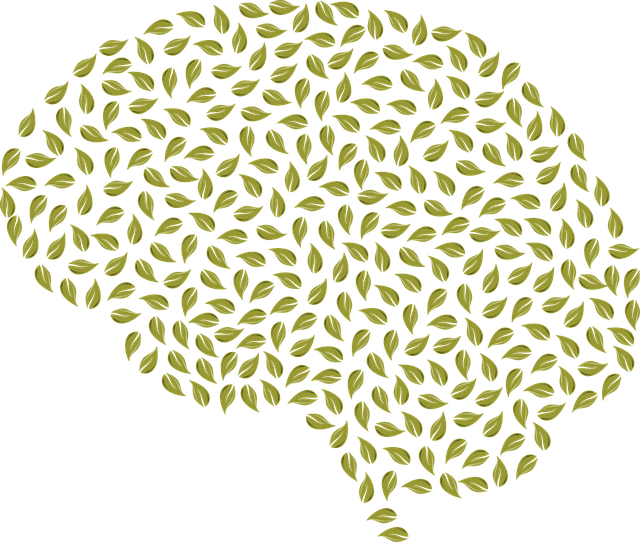Mental illness stigma prevents young adults from seeking vital therapy and bariatric evaluations, especially for anxiety and depression. To combat this, education, awareness campaigns, and open dialogues about mental health are crucial. Integrating cultural sensitivity in healthcare, resilience-building workshops, and community outreach programs empowers young adults with coping mechanisms. Bariatric evaluations offer a holistic view of well-being, addressing physical and psychological health issues. A multi-faceted approach involving therapy, community partnerships, and risk management for professionals is essential to reduce stigma and improve mental health access.
Mental illness stigma remains a significant barrier to treatment and recovery. This article explores targeted strategies to reduce this pervasive social construct. We delve into the complexities of the stigma surrounding mental health, focusing on its impact on young adults. Key topics include the role of therapy in breaking down barriers, the use of bariatric evaluations as tools to combat stigma, and community engagement strategies for comprehensive stigma reduction. By understanding these efforts, we can foster a more inclusive society that supports those facing mental illness.
- Understanding the Stigma Surrounding Mental Illness
- The Role of Therapy in Young Adults: Breaking Down Barriers
- Bariatric Evaluations: A Tool to Combat Stigma and Promote Support
- Community Engagement Strategies for Comprehensive Stigma Reduction
Understanding the Stigma Surrounding Mental Illness

Mental illness stigma is deeply ingrained in societal perceptions, often leading to misunderstanding and discrimination. This stigmatization can significantly impact individuals’ willingness to seek help, fostering a culture of silence around mental health issues. Many young adults struggle with accessing appropriate support due to fear of judgment or rejection, hindering their ability to receive effective treatment. For instance, a young adult battling anxiety might avoid therapy for fear of being perceived as weak, failing to recognize that it’s a valid and treatable condition.
Efforts to reduce this stigma are crucial, focusing on education, awareness campaigns, and promoting open conversations. Integrating cultural sensitivity in mental healthcare practices is essential, recognizing diverse beliefs and customs that may influence how individuals perceive and engage with mental health services. Additionally, resilience-building workshops and stress management programs can empower young adults with coping strategies, fostering self-care and encouraging them to seek professional help, such as bariatric evaluations, when needed, without the burden of associated stigma.
The Role of Therapy in Young Adults: Breaking Down Barriers

Mental illness stigma reduction among young adults is greatly aided by access to effective therapy services. Many young people struggle with mental health issues, often facing unique challenges such as academic pressures, social expectations, and identity formation. Therapy offers a safe space for them to explore these complexities, fostering self-awareness and coping strategies. It empowers individuals to understand their conditions, like depression or anxiety disorders, and develop personalized mood management techniques.
Through tailored therapy sessions, young adults can break down barriers associated with seeking help. Bariatric evaluations, for instance, play a crucial role in assessing the severity of symptoms, guiding treatment plans, and ensuring appropriate interventions. Community outreach programs can further enhance access to mental health services by raising awareness and reducing the stigma surrounding therapy. This collaborative approach, coupled with risk assessments for mental health professionals, ensures that young adults receive the necessary support while navigating their mental health journeys.
Bariatric Evaluations: A Tool to Combat Stigma and Promote Support

In recent years, bariatric evaluations have emerged as a powerful tool to combat stigma surrounding mental wellness and promote supportive environments for young adults. By focusing on both physical and psychological aspects of health, these comprehensive assessments go beyond traditional medical models. They offer a holistic view of an individual’s well-being, addressing not just weight-related issues but also mental health challenges, including depression, anxiety, and eating disorders. This approach is particularly beneficial for young adults who often face unique pressures related to body image, self-esteem improvement, and navigating social expectations.
Bariatric evaluations provide a safe space for individuals to receive crisis intervention guidance tailored to their specific needs. They encourage open conversations about mental health struggles, fostering a culture of understanding and empathy. The process involves expert professionals who can offer valuable therapy for young adults, helping them develop coping mechanisms, enhance self-care practices, and build resilience. This proactive approach not only supports those struggling with obesity but also contributes to broader efforts to reduce the stigma associated with seeking mental wellness support.
Community Engagement Strategies for Comprehensive Stigma Reduction

Stigma reduction efforts must engage communities holistically to achieve meaningful and lasting change. One powerful strategy involves integrating Therapy for Young Adults with community-based programs focused on emotional well-being promotion techniques. By partnering with schools, youth organizations, and local businesses, mental health professionals can normalize conversations about mental illness. This approach leverages existing social networks, fostering an environment where individuals feel safe to seek support without fear of judgment.
Furthermore, incorporating bariatric evaluations within these community engagement strategies can help identify early signs of distress in young adults. Early intervention is crucial for preventing the escalation of mental health issues. Equally important are risk management planning for mental health professionals, including burnout prevention strategies to ensure they remain resilient and effective in their roles. This comprehensive, multi-faceted approach to stigma reduction paves the way for a healthier, more supportive community where everyone feels empowered to prioritize and access mental wellness services.
Mental illness stigma reduction is a multifaceted approach that includes education, therapy, and community engagement. By understanding the societal barriers that contribute to mental health stigmas, we can create more inclusive environments. Integrating therapeutic practices, such as specialized care for young adults, plays a crucial role in breaking down these barriers. Additionally, bariatric evaluations offer a unique tool to combat stigma by providing comprehensive support systems. Through community-driven strategies, we can foster an atmosphere of acceptance and understanding, ensuring that those facing mental health challenges receive the necessary help without fear of judgment or discrimination.


